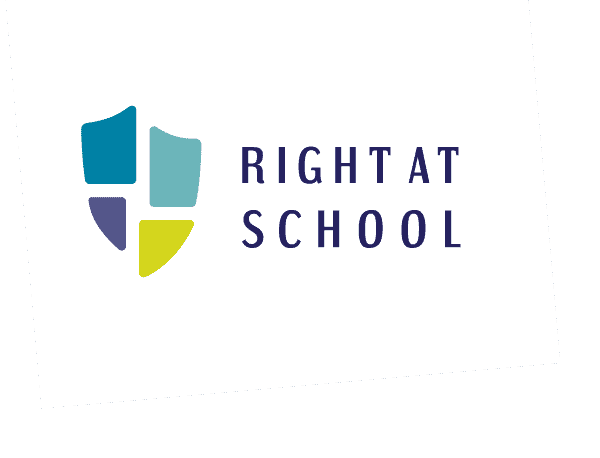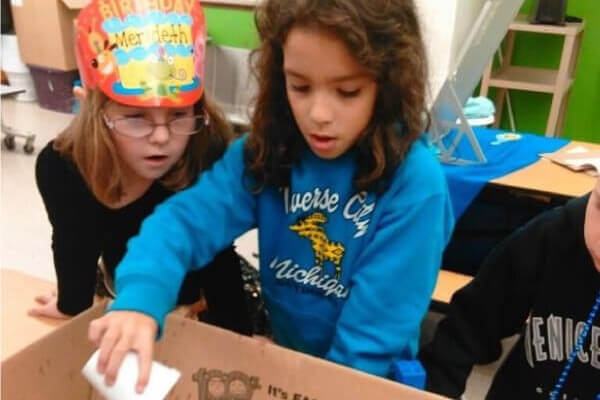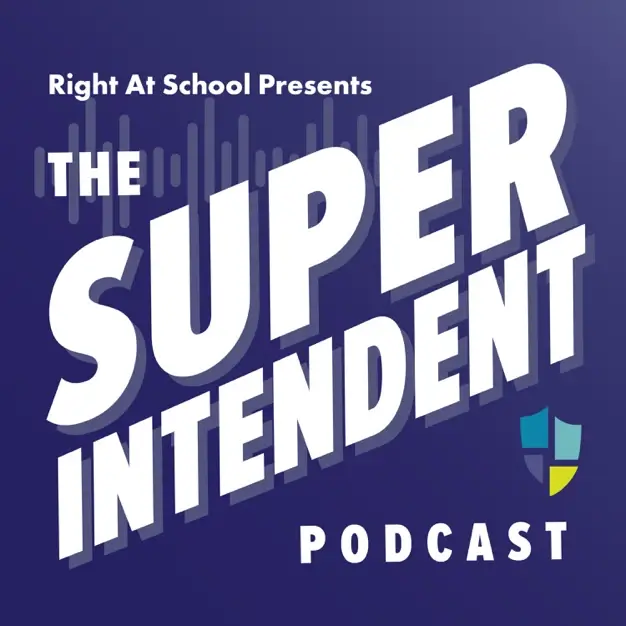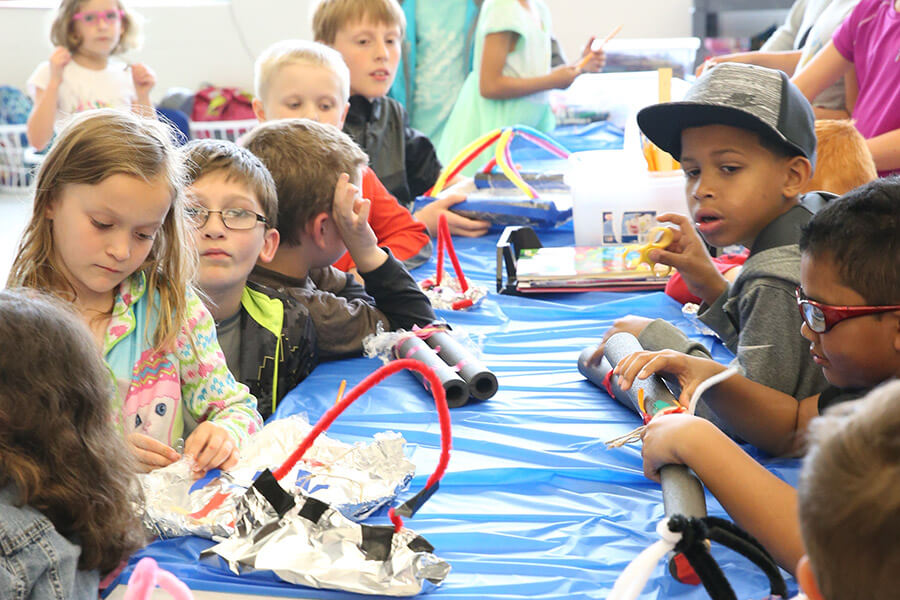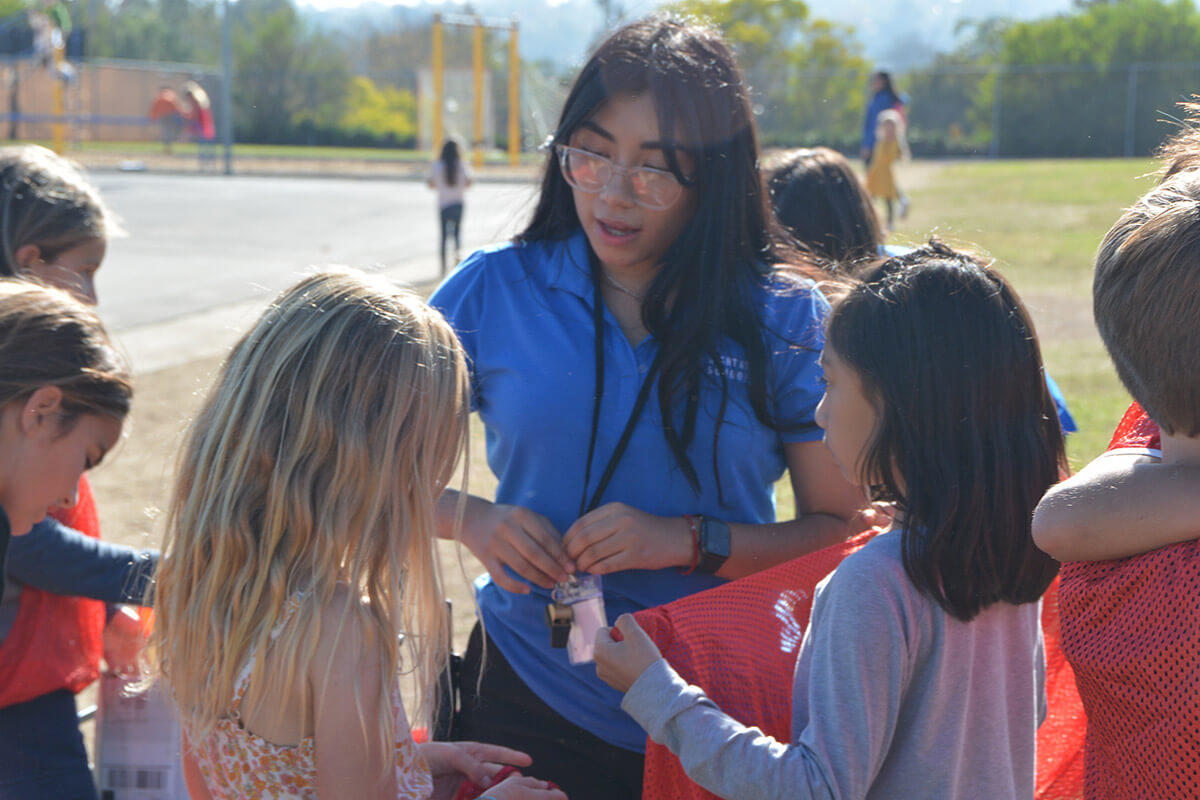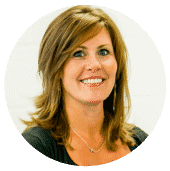
By Dr. Dawn Bridges, Vice President of Educational Affairs
What’s on the minds of the nation’s school system leaders? At the 2023 National Conference on Education (NCE), more than 3,000 superintendents gathered to connect, engage in professional learning, share best practices, and discuss the many challenges that leaders face daily.
This year’s conference theme was: Live well. Lead well.
Leaders who aren’t well can’t lead. Students who aren’t well can’t learn.
We need to take care of ourselves so that we are able to serve those in our care.
At the event presented by AASA, The School Superintendents Association, superintendents, administrators, and presenters explored this topic in depth during three days of sessions and roundtables. We also engaged in informal discussions on a variety of topics before and after sessions, in the exhibit hall, and over meals and breaks.
The topic of collaboration was a common thread through many of these discussions. Throughout the conference, several leaders expressed how wonderful it was to be able to collaborate in-person. They shared how much they appreciated being able to network and learn from thought leaders inside and outside of the education field.
Here is a sampling of topics from both formal and informal discussions at NCE. How many resonate with what is going on in your own district and schools?
Acknowledging where we’ve been while preparing for the future
Several presenters and leaders reflected upon the profound changes that have occurred in public education over the last three years. We lauded the work that superintendents have done to ensure that students could learn and teachers could teach during these challenging times, and celebrated the progress that has been made. We also recognized the toll it has taken and the need for leaders to care for themselves so they can better serve students, educators, and families. Looking ahead, we discussed the need for districts to continue to evolve and innovate to improve equity and student outcomes, and prepare students for futures we can’t yet imagine.
Expanding opportunities for students before, during, and after school
In a session I presented on the topic of collaborative leadership with a panel of education leaders from five school districts, we discussed the need for an ecosystem of support for students’ physical, mental, social, and academic wellbeing in 2023 and beyond. The panel talked about the need for partners who can align to district goals and provide expanded support and opportunities for students. We also explored how building strong partnerships that connect school, home, and community can transform schools into learning hubs that empower students, support educators, and engage families.
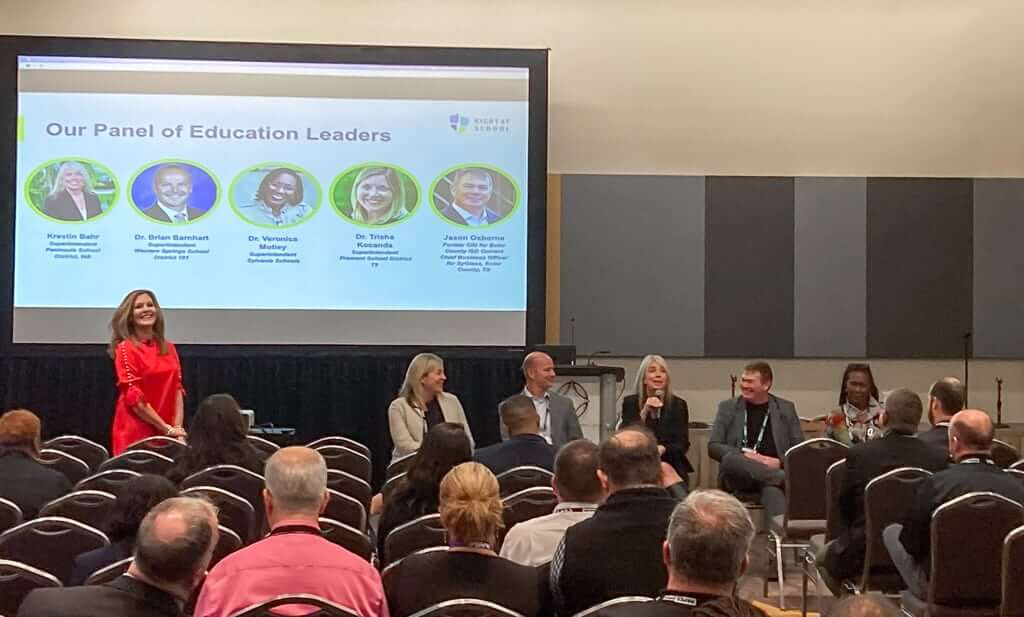
Accelerating learning and academic recovery
Learning setbacks continue to pose unprecedented challenges for districts. For many, conventional strategies are no longer enough to bridge gaps and accelerate learning. Instead, districts are exploring additional ways to support their strategic goals, improve outcomes, and get students excited about learning during both in-school and out-of-school time.
Supporting social-emotional learning (SEL) and cognitive development
If children do not feel safe, understood, and supported at school, they will not feel ready to learn. Presenters and leaders discussed the need to bolster SEL and cognitive development, as well as the need to educate parents so they can better understand why this matters in school and beyond.
Reshaping the dialog about public schools
David Schuler, the new executive director of AASA, recognized the phenomenal work that leaders across the country are doing, and he encouraged leaders to share their success stories. He highlighted #HerefortheKids, a campaign launched in the fall by the Learning First Alliance. AASA is one of 13 member organizations in the alliance who have come together to provide families, educators, and community members with a way to express and make visible their support for public education. Through this effort, they aim to shine a positive light on local public schools and tell the stories of the impactful moments happening in classrooms and schools nationwide.
Embracing technologies like ChatGPT
Artificial intelligence programs such as ChatGPT are challenging existing educational practices. Leaders at NCE determined that the discussion is no longer about whether we want this technology or not; it’s here and districts need to be planning for it. Now is the time to consider how A.I. programs will impact the curriculum, what shifts need to happen in instruction and assessment, and what professional learning needs to occur to ensure that educators are ready for the changes.
The energy at NCE was inspiring. For all of the pressures leaders are facing, there was a definite sense of purpose. Every leader I met is committed to leading well. As one leader said, “If not us, then who? Let’s do this!”

Dr. Dawn Bridges
Dr. Dawn Bridges has over 25 years of experience in the fields of education and professional learning, having held the roles of teacher, reading specialist, special education coordinator, principal, and assistant superintendent for curriculum and instruction. She has dedicated her career to ensuring that all students have the support they need to thrive in and out of school. You can follow Dr. Bridges on LinkedIn and Twitter and subscribe to the RAS blog to keep up with her work.
